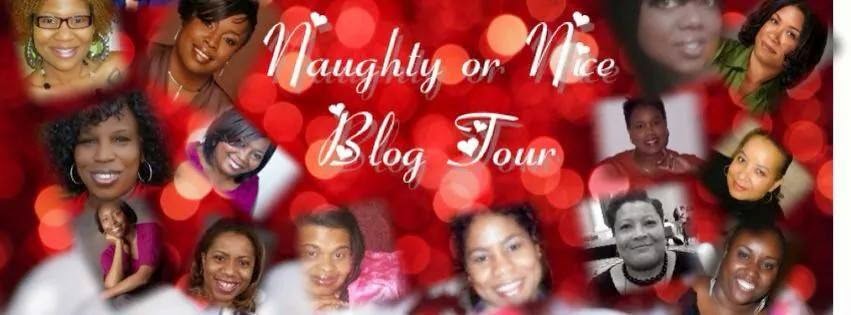CIAA doesn't erase racial tensions in Uptown Charlotte
The main party spots in Charlotte during the CIAA are the same venues that have been accused of discriminatory practices in the past.
Take the EpiCentre for example; many of the most tweeted about parties of the CIAA will be held at Suite, Howl at The Moon and The North Carolina Music Factory. In local African American circles, it seems that everyone has a story about being mistreated at these venues.
The most publicized acted of alleged racism involves Phillip Agnew, a Charlotte man who was arrested last summer at the EpiCentre for a dress code violation. Agnew claims that the incident was racially motivated.
The group released this statement about the upcoming basketball tournament and the parties surrounding it.
Take the EpiCentre for example; many of the most tweeted about parties of the CIAA will be held at Suite, Howl at The Moon and The North Carolina Music Factory. In local African American circles, it seems that everyone has a story about being mistreated at these venues.
The most publicized acted of alleged racism involves Phillip Agnew, a Charlotte man who was arrested last summer at the EpiCentre for a dress code violation. Agnew claims that the incident was racially motivated.
When 25-year-old Phillip Agnew was arrested at the Charlotte entertainment complex, The EpiCentre, last summer, he started a movement that brought praise and scorn his way. According to published reports, he was arrested because he wouldn't turn his hat around -- at an outside event.Agnew took things a step further, creating The Charlotte Collective in response to a number of documented discrimination claims against the EpiCentre, the NC Music Factory, and several other Uptown venues.
Agnew said his arrest was racially motivated, a complaint about the EpiCentre that has floated around the black community in the Queen City since the place opened.
Agnew took it public, fighting the arrest and launching a protest against the EpiCentre. Then he went one step further, launching the Black Card, a movement in Charlotte to bring solidarity and economic empowerment to the city's African American-owned businesses.
The group released this statement about the upcoming basketball tournament and the parties surrounding it.
Racism in uptown clubs has been written about in several Charlotte publications. Creative Loafing, the city's alternative weekly newspaper, wrote about it in 2010 following a spat with Six Figure Entertainment's CEO Kirk Brown and Therapy Cafe, which is now closed.In light of recent discrimination claims against the EpiCentre and other Uptown Charlotte venues, the Charlotte Collective, is cautioning CIAA party-goers to remain vigilant, be smart, and stay calm should any discriminatory incidents occur during next week’s tournament. The Charlotte Collective was founded last year in response to a number of documented discrimination claims against the EpiCentre, the NC Music Factory, and several other Uptown venues. Founder, Phillip Agnew, hopes that tournament party-goers will enjoy the festivities while considering the reputations and records of the businesses they choose to support. “If we were to list every venue with a pattern of discrimination, it would be nearly impossible to find anywhere for party-goers to enjoy themselves. It is our goal to ensure that each and every person understands their rights and follows our 3 steps.”The steps are simple:1. Stay Calm – Do not escalate the situation.2. Document – Photos and witnesses are critical.3. Escalate – Contact Charlotte’s Community Relations Committee (CRC) at (704) 336-2426 or onlineat http://charmeck.org/city/charlotte/crc/Pages/default.aspx and complete the Discrimination in Public Places form.
Charlotte Collective member, Dee Miller, believes that the 3 steps will allow party-goers to address potential discrimination in an effective and non-confrontational manner. “Yes, knowledge is power, but the next logical step is empowering people to take action that creates a lasting impact.”
It started when Kirk Brown, CEO of the African-American-owned promotion company Six Figure Entertainment, sent out an e-mail on July 29 accusing Therapy Café, a downtown restaurant/bar, of "racial profiling." Six Figure Entertainment and Therapy entered into an agreement last month that would allow Brown's company to host events at the restaurant on Wednesdays, Thursdays, Fridays and Saturdays.This was the second time the paper had reported on this issue. Charlotte's African American newspaper, The Charlotte Post, also covered racism at night spots in 2006. Could it be that the more things change, the more they stay the same?
The e-mail stated in part: "We've ... become aware of an undertone of racial insensitivity to the patrons of SFE as noted by many of you via the automatic addition of 20% gratuity to your bills." Brown said his allegations stem from the fact that a manager at the cafe told him one Saturday night that Therapy was adding a 20-percent gratuity to patrons' bills because "black people don't tip."
Adam Rees, general manager of Therapy, said a gratuity was added, but not because of race. "A lot of our servers were quitting because of inadequate tip percentages ,and we wanted to say: 'Hey, on nights when you guys are going to do an event for us, let's see if we can do a gratuity,'" Rees said.

Comments